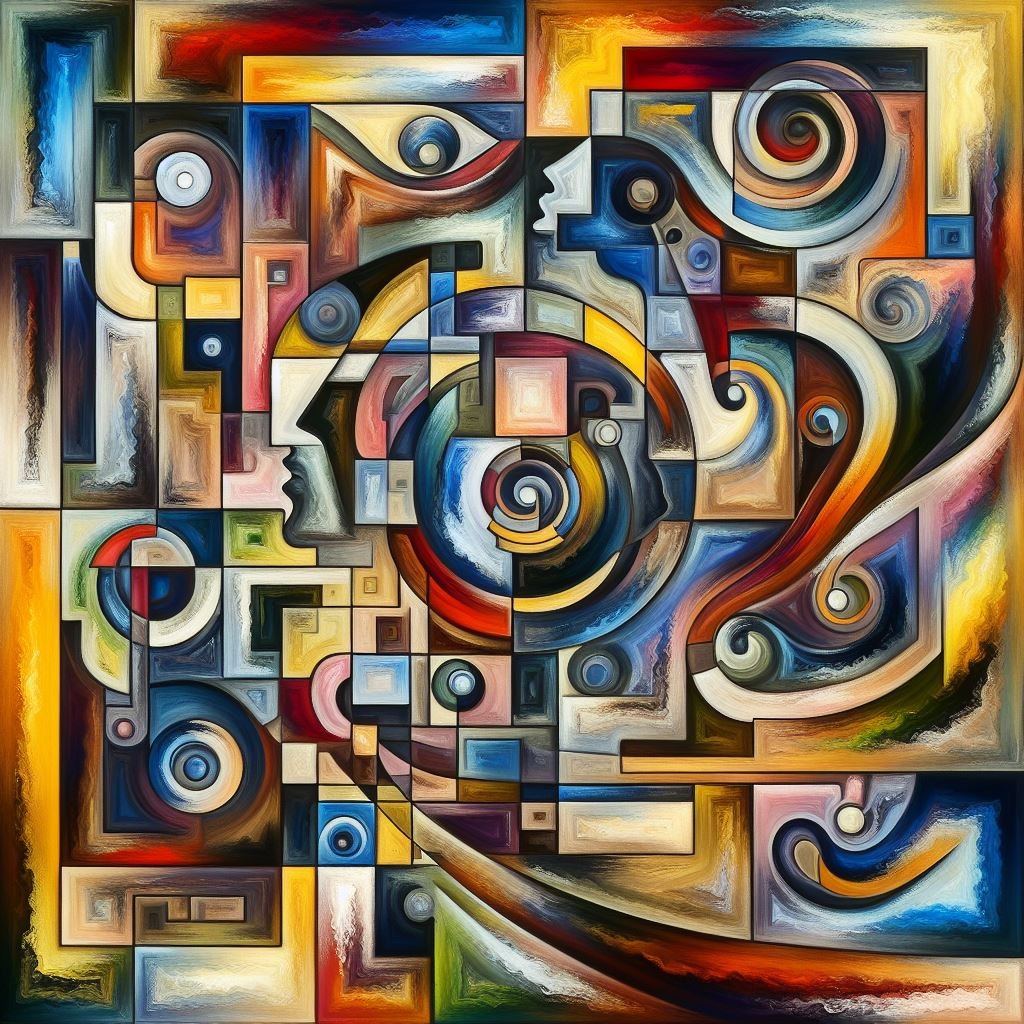[Perception: Listen instead]
When I think of ancient Egypt, enormous monuments come to mind. The image of ancient Egypt alone strikes me with size and colour.
But immediately, you, reading this, may rebut. “Wait, hold on”, you declare. “Why does it not invite the same imagery for me? Why does mine come as something else?”.
And you wouldn’t be wrong!
You see, perception gets shaped by space and time, the elemental tenets of the environment, distance, separateness and the delusion of separateness. This separateness caused some drama in the society of life.
If life weren’t linear, then it wouldn’t exist in the dimension that we are in. In linear, we can perceive dimensions, imagine objects and scenarios, and then give them character, one there, the other over there.
That being said, ancient Egypt represents different things to people. There may be Nationalistic and political similarities between people, but Ancient Egypt still means different things to people.
And the array of those perceptions is driven by many factors, with a few mentioned above.
This means that every person has an incomplete picture of ancient Egypt, born purely from their environmental circumstances. Like what their shared group decides should be their collective perception of the world.
Fragmentary truth? Really?
No one nation, least of all one person, has an entirely objective view of reality. Nor can they whilst still being referred to as human. Boundlessness cannot fit onto a body of any sort. If our universe has a boundary, no matter how big it is, it is still finite.
I’d like to believe that it does not end; instead, it transitions into something else. That something also transitions into it at the same place.
As for yourself? You’re a transition between the three-D world and the world behind it. That world is of ideas and runs on intelligent minds(In non-human form)—a stunning hyper-duper-super neural network.
Linearity means that objects can be different but still influence each other[true on the micro and macro scale]. They may morph?
They can be reproduced on a dimensional diagram and posited.
Now, you, comprising the same mind, are vulnerable to their influence since you can bond intellectually. Thus, you can assume their paradigms as your own despite arguing your separateness in life earlier.
Despite that, those you meet also carry fragmentary bits of information; for instance, Americans are not inhabitants of Africa. Thus, all that comes from Africa[i.e. culture, art, intelligence] will arrive at them in a symbolic state, a sold-out rendition of the actual entity.
And perception won’t go away; it’s how we construct society. Tolerance is born when we uphold that truth(larger fragment).
Here’s an example: Africans will base their view of Ancient Egypt on a more southern rendition, the Middle East on a Western one and Greece on a Northern one. Rendition merely means perspective. In this case, all are claiming/describing Egypt.
And the more we promote our rendition(ideas), the more we realise that the rendition applies everywhere.
I mean that ancient Egypt was not built by Africans any more than Europe was built by Europeans. It was built by all people together.
One of those little annoyances of life I guess? For some!
A typical example is that even the simplest people, i.e. the people who invented the camera, contributed to ancient Egypt by allowing you to see images of it.
They conveyed it to your mind. And I wonder who those people are, their colour, nationality, etc. Does it matter who they are?
Another Example is that Africans | Asians, and Europeans have been trading forever. Before they had even adapted to the new environments, forms and attitudes.
They had carried memories, noted things down, and visited each other on ships countless times.
They exchanged genes that carry DNA prone to specific environments that would rise to the occasion on world television—expressing themselves regardless of whether or not their bearer hates their neighbour.
People do not hate each other because they’re alienated but because they’re expressing themselves differently whilst remaining the same. It’s an ideology issue. Its perception!
Everything leads to one!
Ninety-nine point ninety-nine per cent of similar DNA does not imply that the guy across the street is a dog and you aren’t.
The point zero-one per cent implies that the possibilities of a three-metre-tall tree-man is as likely to be born in Iceland as in Kenya. Propaganda, however, is expected to follow the ‘that dog’ approach.
But even in propaganda, people will never perceive it the same; even twins wouldn’t.
Because, in the end, there is no absolute truth but fragments of it carried by all of us.
Some of it more beneficial to us than the other. And ever larger structures[Fragments] forming from truths assumed by more people.
Perhaps if you put all of us together, we can realise the concept of truth. Then, the fragment would begin to construct a complete picture, with all the memories of separateness kept as companion experiences.
The perception of truth carried by every individual will always be greater than zero but less than a hundred. Even in their niche domains or codes in which they totally suck.
Each perception is a fragment of truth, but perhaps truth itself is not a permanent marker of greatness either because it likes its synergy with its opposite energy.
Just my thoughts!
Bye.



